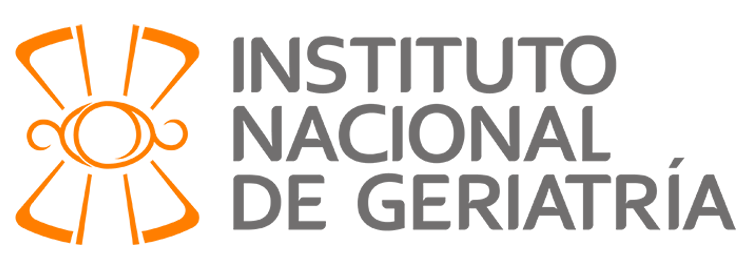


Por favor, use este identificador para citar o enlazar este ítem:
http://repositorio.inger.gob.mx/jspui/handle/20.500.12100/17236| Título : | Health care trajectories and barriers to treatment for patients with end-stage renal disease without health insurance in Mexico: a mixed methods approach |
| Autor: | Marcela Agudelo Botero MARÍA CECILIA GONZÁLEZ ROBLEDO HORTENSIA REYES MORALES MARTHA LILIANA GIRALDO RODRIGUEZ Mario Rojas DOLORES MINO LEON DAYAN IRENE OCAMPO MORALES RAFAEL VALDEZ ORTIZ |
| Palabras clave : | MEDICINA Y CIENCIAS DE LA SALUD;Ciencias médicas;Ciencias clínicas;Enfermedades Urológicas;Enfermedades renales;Enfermedades renales crónicas;Cuidado de la salud;Urologic diseases;Kidney diseases;Chronic kidney diseases;Health care |
| Fecha de publicación: | 2020 |
| Editorial : | BMC & International Society for Equity in Health |
| Descripción : | Background Mexico has the sixth-highest premature death rate from chronic kidney disease (CKD) in the world. From 1990 to 2017, the age-standardized CKD mortality rate jumped from 28.7 to 58.1 per 100,000 inhabitants, making it the second-leading cause of death that year. Medical care for the disease is inequitable, as those without health insurance have limited access to renal replacement therapy (RRT). The objective of this study is to describe the healthcare trajectories of patients with end-stage renal disease (ESRD) in a public hospital in Mexico City and the barriers they face in receiving peritoneal dialysis and haemodialysis. Methods This study uses a convergent mixed methods approach and is predominantly qualitative. Patients completed 199 surveys, and 42 semi-structured interviews with patients having ESRD and their families were conducted. The quantitative data were analysed using descriptive statistics, and the qualitative data were processed using a phenomenological approach. Results It was found that 76.9% of the patients received peritoneal dialysis or haemodialysis as their first RRT. Over 30% began their treatment at least a month after a health professional prescribed it. Almost 50% had been hospitalized for complications related to the disease in the previous year, and 36% had uncertainties about their treatment. Close to 64% of the haemodialysis patients received treatment intermittently. Barriers to accessing treatment, information, contact with health services, and treatment availability were identified. Patients and their families encountered economic and emotional difficulties at every phase of their search for medical care and treatment. Conclusion Mexico urgently needs to implement public policies related to CKD that are primarily directed at its prevention but should also implement policies directed at slowing its progression, reducing its complications, and providing funding for uninsured patients who require RRT. These policies must be based on the perspectives of human rights and equality, and the perspectives of patients, their families and the general population should be included in the policy creation process. |
| URI : | http://repositorio.inger.gob.mx/jspui/handle/20.500.12100/17236 |
| Aparece en las colecciones: | 1. Artículos |
Ficheros en este ítem:
| Fichero | Descripción | Tamaño | Formato | |
|---|---|---|---|---|
| International Journal for Equity in Health (1475-9276) Vol. 19 (2020).pdf | 584.42 kB | Adobe PDF | Visualizar/Abrir |